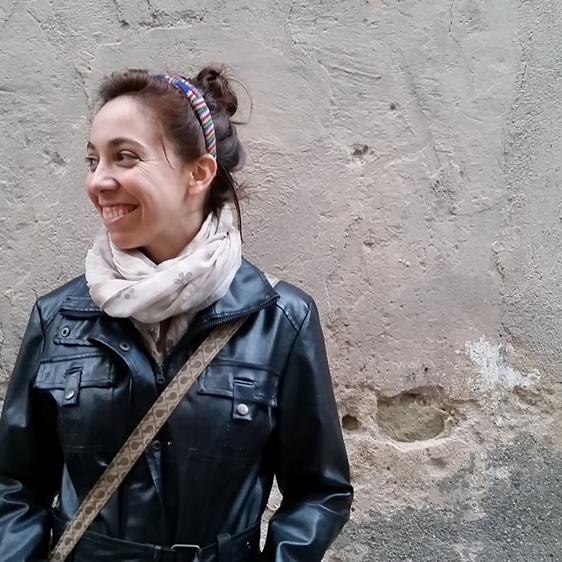
We will never deny children access to school or a doctor, even if their families cannot afford it. Instead, we live in a system that forces the families of this children to assume unaffordable supply bills.
No one has died from energy poverty this winter. In fact, we do not know for sure. We still do not know the identities of 80% of people suffering from energy poverty. We do not know where they live nor their situation. We continue, to this day, without a protocol to ensure social meters for basic water, electricity and gas supplies to families who have occupied buildings abandoned by the bank to avoid staying in the streets. With these meters, we could bring security to the affected families but also their neighbours.
Simultaneously, sector big corporations continue to violate rights, to the extent that the law and social mobilizations allow. In Catalonia, we have the Law 24/2015 promoted by the citizenship which permits the stoppage of supply cuts for socially vulnerable people. Elsewhere in Spain, indiscriminate supply cuts continue to occur. Nevertheless, protected families in Catalonia continue accumulating debt from unpaid bills, which entails anxiety and also harassment by collection agencies. Agreements are being negotiated between the Catalan government (Generalitat) and the supply companies to settle who pays this debt.
And amid this situation, some people are denied rights. Vulnerable people. Or rather, especially vulnerable people such as women, elderly, immigrants, children and adolescents, those with functional diversity… Perhaps we have missed some areas while defending the essential services for a dignified life. Our lives depend on energy, health and education and we should draw some red lines in those areas. We should hold the companies that do business with basic rights accountable. We will never deny children access to school or a doctor, even if their families cannot afford it. Instead, we live in a system that forces the families of this children to assume unaffordable supply bills, to turn off the heating to save money, to fall ill, to do the homework in the dark.
From Aliança Contra la Pobresa Energètica (Alliance Against Energy Poverty) we demand and apply the rights that are denied to us. We collectively condemn the abuse of these companies, even though their unnecessary added concepts to the bills and unnoticed changes of company frauds are considered ‘legal’. Before having a law that stops the cuts, we already demanded immediate reconnections and, before having to regret any other situation, we demand, as a matter of utmost urgency, social meters and forgiveness of the families’ accumulated debt. We must set a precedent and foresee the misfortunes. We cannot just follow the legal framework, but also the common sense and human rights frameworks. Law 24/2015 has encouraged us to draw these red lines for almost five years, but before that, we already had legitimate arguments.
Thus, we are convinced of the urgency that politics should not be made turning a blind eye to the reality we live on. It often reacts to urgency. It is often late. From social mobilization, civil society and public opinion consensus, we need to fight off the violation of human rights. We need to look for windows of opportunity, not only because we want a better world, but because we NEED it.
We cannot wait when our lives depend on it. That is why we are here: to seek out solutions for the most urgent matters and make them possible and also to imagine new systems that ensure a dignified life. Energy is a right for everyone, and after achieving a “green” energy transition, we need to make sure that when we look back, we have not forgotten to make it also fair.



Add new comment